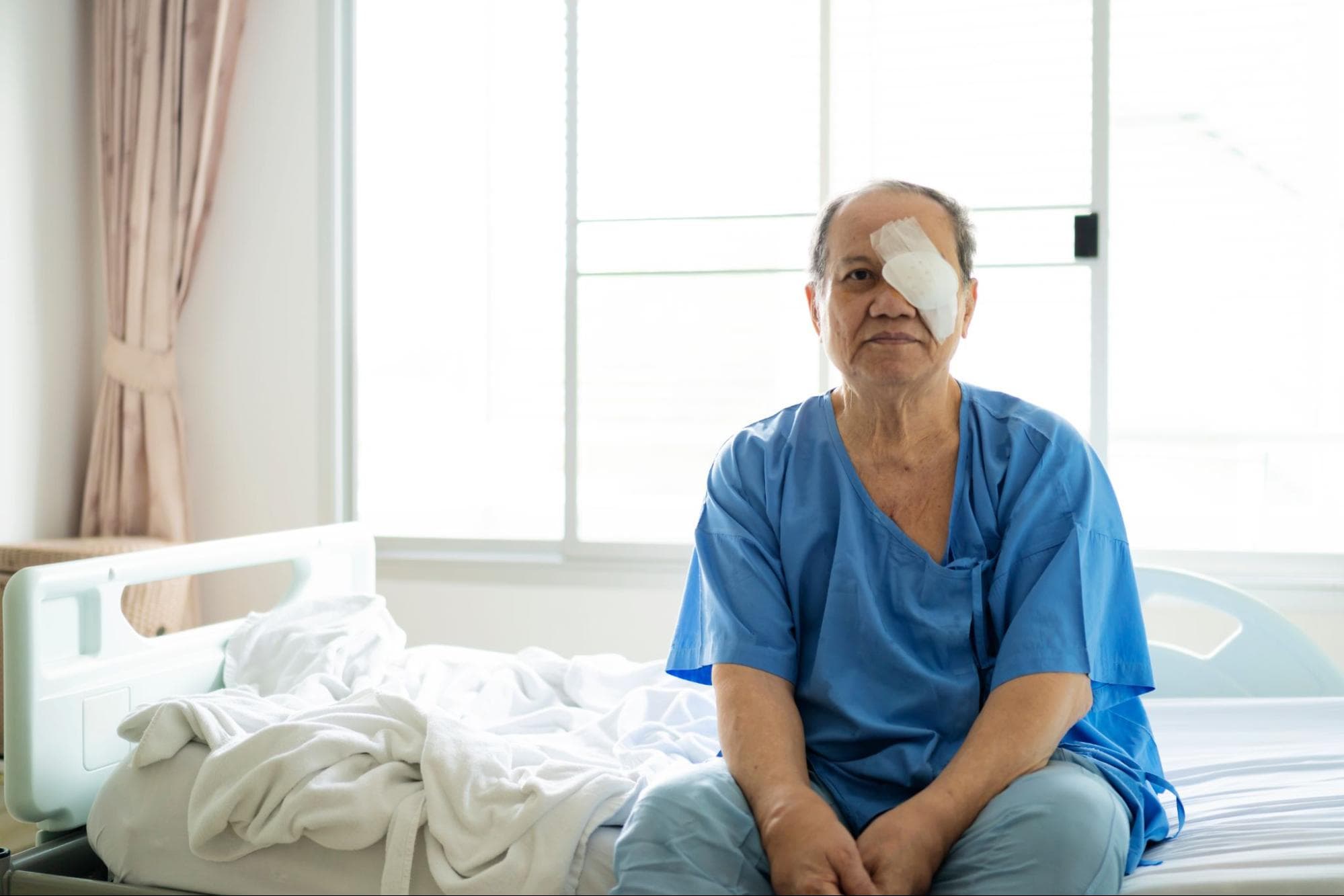Recovery from cataract surgery is a pivotal phase in journey towards improved vision and eye health. Following the procedure, it’s essential to adhere to specific dos and don’ts to optimize your recovery and ensure the best possible outcome. We’ll delve into these key guidelines, helping you understand what to expect and how to navigate the recovery period effectively. These insights are designed to empower you with the knowledge needed to take the best care of your eyes during this critical post-surgery phase.
Dos
During the crucial post-cataract surgery recovery period, there are several essential dos to follow diligently:
Use Prescribed Eye Drops Regularly: Your surgeon will prescribe specific eye drops to prevent infection and promote healing. Adhering to the recommended dosage and schedule is vital to ensure the safety and success of your recovery.
Protect Your Eye While Sleeping: Wear the provided eye shield or glasses when sleeping to shield your eye from accidental rubbing or pressure, ensuring its safety during the night.
Rest Your Eyes Frequently: Give your eyes the rest they need by closing them for short periods throughout the day. This practice helps reduce strain and supports the healing process.
Limit Screen Time and Reading: Minimize screen time and reading, especially during the initial recovery phase. Extended periods of focusing can strain your eyes and hinder the healing process.
Stay Hydrated and Eat Well: Proper nutrition and hydration are essential for overall health, which in turn supports a smooth recovery. Ensure you’re well-hydrated and maintain a balanced diet rich in essential nutrients.
Take Pain Medication as Recommended: If your surgeon recommends pain medication, take it as directed. This will help manage any discomfort or pain during your recovery.
Attend All Follow-Up Appointments: Regular follow-up appointments with your surgeon are crucial. These visits allow your doctor to monitor your progress, address any concerns, and make any necessary adjustments to your treatment plan.
By following these dos with care and consistency, you can contribute to a successful and comfortable recovery from cataract surgery, ultimately enjoying clearer vision and improved eye health.
Don ts
During your crucial recovery from cataract surgery, there are several important “don’ts” to keep in mind to ensure a smooth healing process:
Don’t Rub or Press on Operated Eye: Avoid touching or rubbing your operated eye, as this can disrupt the healing process and potentially cause complications.
Avoid Getting Water in Eyes: Steer clear of activities that could expose your eyes to water, such as bathing, swimming, or hot tubs, until your surgeon gives the green light.
Don’t Drive Until Approved: Refrain from driving until your surgeon approves it. Your vision may need some time to stabilize, and it’s essential to ensure you can operate a vehicle safely.
Avoid Strenuous Activity: Steer clear of strenuous activities and heavy lifting during your recovery. These actions can increase intraocular pressure and potentially affect the healing of your eye.
Don’t Wear Eye Makeup or Lotions: Avoid applying makeup or lotions around the eye area, as these products can introduce contaminants and disrupt the healing process.
Stay Away from Dusty Environments: Dust and dirt can pose a risk to your healing eye. It’s best to avoid dusty or dirty environments that could increase the risk of infection.
Don’t Use Old Prescription Eyeglasses: Your vision will change after cataract surgery, so don’t use your old prescription eyeglasses. Get an updated pair to match your improved vision.
Avoid Sleeping on Operated Eye: If possible, avoid sleeping on the side of your operated eye to prevent inadvertent pressure or discomfort.
Don’t Adjust Medications Without Approval: Don’t make any changes to your medications without consulting your doctor first. They will provide guidance on managing your medications during the recovery process.
By adhering to these “don’ts,” you can help protect your healing eye and optimize the outcome of your cataract surgery recovery.
Conclusion
In conclusion, when it comes to cataract surgery recovery, proper aftercare is of utmost importance. Adhering to the recommended dos and don’ts is essential for ensuring a successful healing process. It’s crucial to diligently follow the prescribed dosage instructions for eye drops and medications, and if any concerning symptoms arise, promptly inform your doctor for guidance.
Additionally, as you navigate your cataract surgery recovery, consider exploring the potential benefits of an online cataract test. This test can be a valuable tool for assessing and monitoring your eye health from the comfort of your home, providing insights into your vision and potential cataract development. Overall, patience and attentiveness to aftercare and testing can lead to an improved outcome and better vision in the long run.
